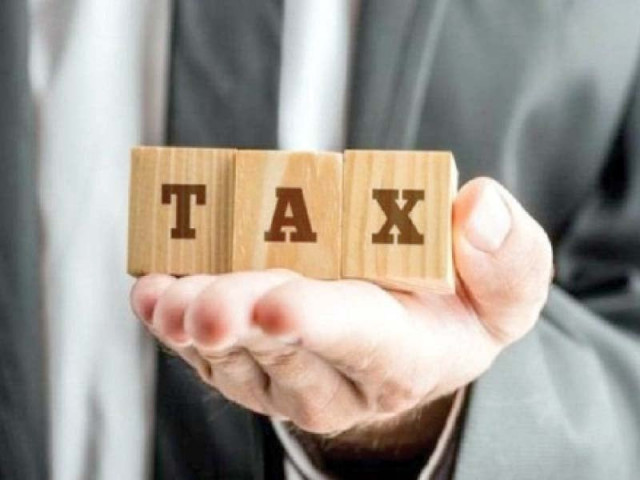IT export tax to hamper youth’s potential
Experts say 0.25% tax on proceeds will discourage exports, documentation

Professionals and experts from the information technology sector have voiced fear that the proposed tax on IT exports in the budget for FY23 will largely hamper the earning potential of the youth.
Of the Rs9.5 trillion federal budget, Rs6,331 million has been allocated for the IT and Telecom Division while Rs5,716 million has been set aside for science and technology under the Public Sector Development Programme (PSDP).
Additionally, Rs17 billion has been allocated for imparting IT training, providing the youth with laptops, improving networks and promoting IT exports alongside a grant of Rs1,000 million for the Pakistan Software Export Board (PSEB) for promoting IT exports.
Moreover, a 0.25% tax has been imposed on export proceeds of computer software or IT services through the Finance Bill 2022.
“The new tax on IT sector will discourage exports and will also discourage companies and freelancers from bringing foreign remittances,” SI Global CEO Noman Ahmed Said told The Express Tribune.
“A similar thing had happened a few years ago that caused damage and this too will certainly impact the growth of IT sector.”
“The 0.25% tax revenue is a meagre amount for the government but it will certainly hurt the youth, who have just started making their presence felt,” he said.
“Performance of the IT sector has been exceptional over the last few years, but that cannot be taken for granted as there are various factors that have contributed to the better performance of the sector.”
Alpha Beta Core (ABCore) CEO Khurram Schehzad said that the tax “is not good for documentation”.
“One of the purposes of the tax is to document and encourage the taxpayers to file returns. This measure may not produce the intended results for documentation.”
ICT expert Parvez Iftikhar said that the previous government’s 100% tax credit scheme for the income from the export of IT and IT services had been replaced with the 0.25% tax on export proceeds of such services.
“This ratio will be typically equal to 25% to 30% of their profits, which means that IT companies will stop bringing their earnings to Pakistan.”
Besides, recommendations of the telecom industry were not only ignored, but also additional taxes were imposed on smartphones and FED on services was increased.
Startup investment expert Kapeel Kumar said the overall budget was a reflection of inflation and miseries of the common man. “High taxes and inflation will negatively impact the productivity of
IT industry.”
The government “needs to come up with measures to improve the IT industry as we have billions of dollars of potential right now,” he said.
The field of IT has a huge potential and “we must focus on harnessing this potential for long-term growth,” Said remarked, adding that Pakistan currently has 600,000 IT professionals with exports of $2 billion, which shows the significance of the sector.
“Although Pakistan is growing at a rapid pace and has the highest year-on-year IT growth in the region, the access to internet remains the lowest,” he pointed out and stressed the need for addressing the issue.
Pakistan’s growth in internet access and mobile subscriptions was not aligned with the quality of service, the SI Global CEO said. The coverage of 4G services and broadband subscription also remained low as compared to the neighbouring countries, he added.
He argued that so far no grants or subsidies had been introduced for the tech startups while the curriculum too had not been revised in line with the industry needs.
Published in The Express Tribune, June 17th, 2022.
Like Business on Facebook, follow @TribuneBiz on Twitter to stay informed and join in the conversation.



















COMMENTS
Comments are moderated and generally will be posted if they are on-topic and not abusive.
For more information, please see our Comments FAQ